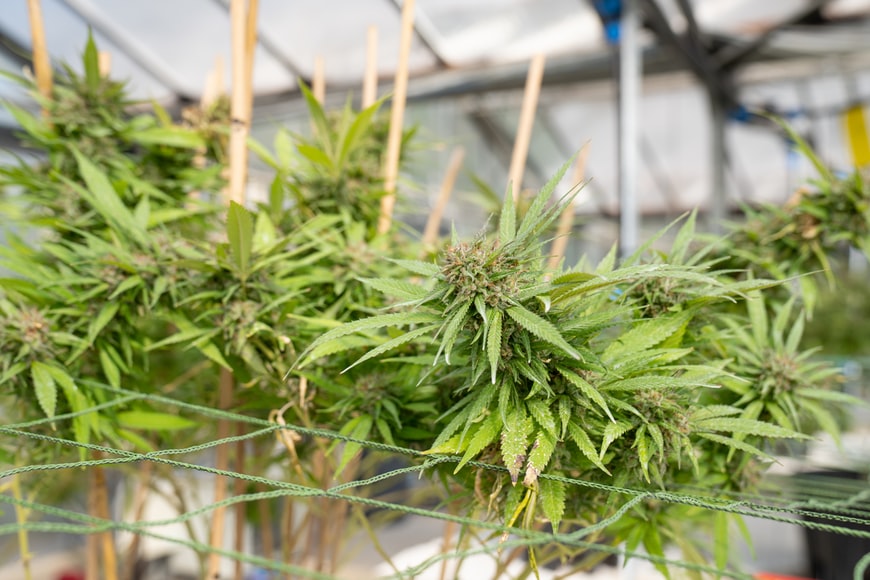Florida Senate Approves Stringent Hemp Regulation Bill
LOS ANGELES- In a decisive move that could reshape the landscape of the hemp industry in Florida, the state legislature has passed a bill aimed at regulating hemp-derived products, including the prohibition of certain natural cannabinoids such as Delta-8 THC. Senate Bill 1698, which now awaits Governor Ron DeSantis’s approval or veto, proposes stringent controls over the sale and distribution of hemp-based products, sparking concerns among farmers, manufacturers, and consumers within the state.
The bill’s passage through the Florida Senate was unanimous, with a 39-0 vote following a more divided approval in the House, where it passed with a 64-48 vote. The rapid progression of SB1698 underscores the state’s commitment to addressing the regulation of hemp products, particularly those with psychoactive effects.
Key Provisions and Impacts of Senate Bill 1698**
Senate Bill 1698 introduces several critical measures for the manufacture, distribution, and sale of hemp extract products in Florida, including:
– The definition of “total delta-9-tetrahydrocannabinol concentration” to regulate psychoactive substances within hemp products.
– Restrictions on the packaging and sale of hemp extract products to ensure they are not appealing to children.
– Prohibition of businesses and food establishments from possessing hemp extract products not compliant with state law.
One of the bill’s more controversial aspects is its potential impact on the broader hemp market in Florida, which currently contributes nearly $10 billion to the state’s economy. By limiting the sale of products like gummies, tinctures, and vapes that contain Delta-8 THC and other restricted cannabinoids, the bill could significantly affect the viability of many hemp farms and companies.
Adam Palow, owner of High Moon Farm, and Jammie Treadwell of Treadwell Farms, both expressed concerns over the bill’s implications for the state’s hemp industry. Palow criticized the legislation as favoring large donors over public and medical patient interests, while Treadwell lamented the potential adverse effects on businesses and the lack of collaborative efforts between state officials and farmers to ensure the safe production of hemp products.
Adjustments and Revisions to the Bill
The bill underwent several key revisions before its approval, including:
– The removal of a prohibition on “natural flavors,” protecting operators involved in terpene steam distillation.
– An adjustment to the restrictions on “natural cannabinoids,” ensuring the legality of crops containing small traces of hemp-based cannabinoids.
– Revised limits on Delta-9 THC content in hemp-derived products, setting a cap of 5mg per serving or up to 50mg per container.
These changes reflect legislative efforts to balance regulatory concerns with the operational realities of the hemp industry. However, despite these adjustments, many within the industry remain apprehensive about the bill’s long-term impacts on their operations and the accessibility of hemp-based products for consumers and patients.
As SB1698 awaits Governor DeSantis’s decision, stakeholders in Florida’s hemp industry face a period of uncertainty. The bill’s approval could necessitate significant adjustments to business models and practices for those involved in the cultivation, production, and sale of hemp products in the state. The coming days will be critical in determining the future direction of the hemp market in Florida and the broader implications for the industry nationwide.



































